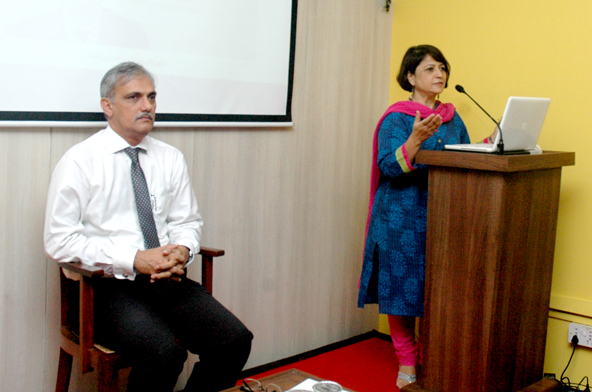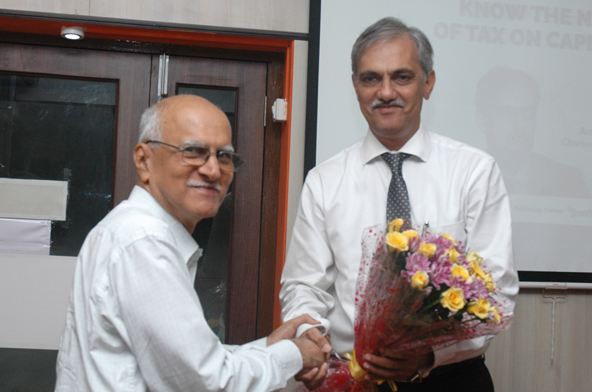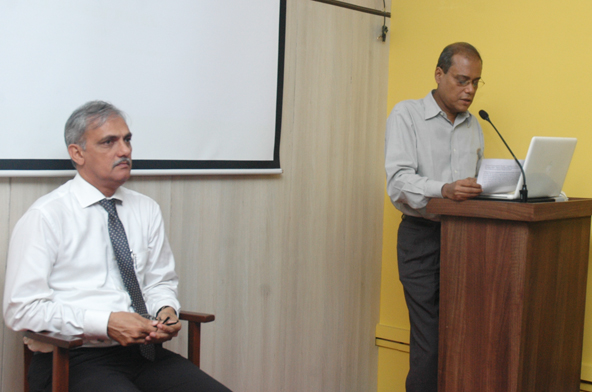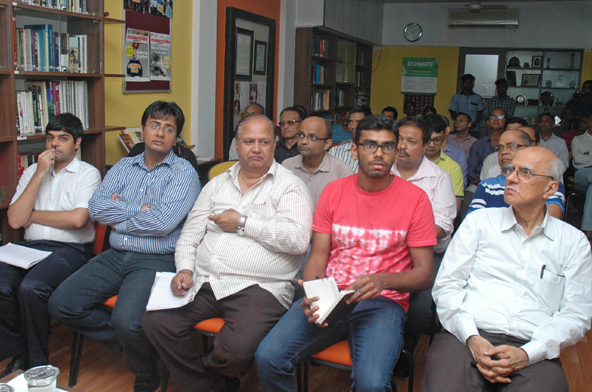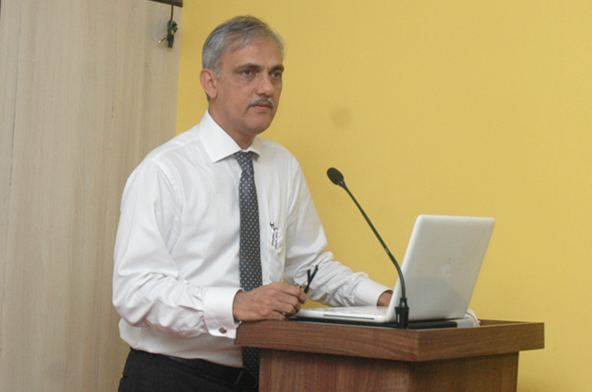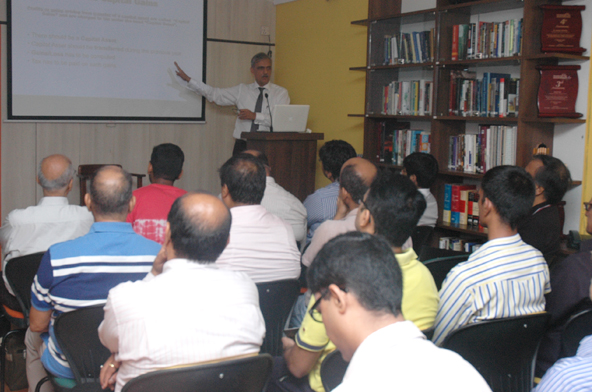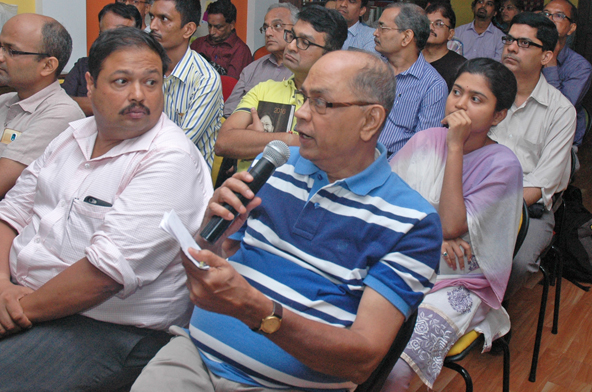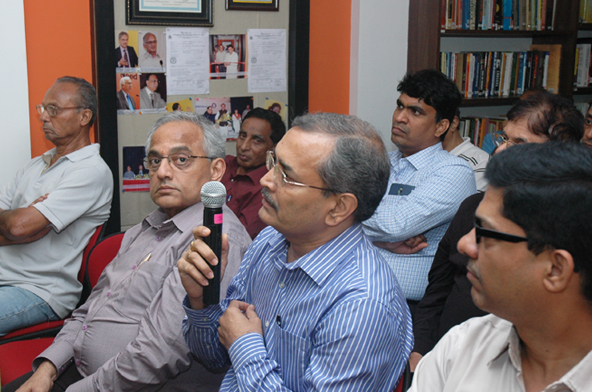
Capital gains can be extremely confusing for an average taxpayer. Different rules and tax rates apply for different assets and there are other complexities such as indexation, and exemptions. Chartered Account (CA) Ameet Patel simplified the computation of capital gains to an audience at the Moneylife Foundation seminar sponsored by Capital First. Mr Patel, former president of the Bombay Chartered Accountants Society (BCAS), also answers tax related queries on Moneylife Foundation’s Tax Helpline on a voluntary basis.
CA Patel commenced the session by defining a capital asset. “A capital asset may be a short term or long term depending upon the period for which the asset is held. This can be confusing for an average taxpayer as there are different periods for different assets for defining whether it is a short-term asset or a long-term asset. For instance, in case of shares of unlisted company, if the holding period does not exceed 24 months then it is a short-term asset. However, for shares held in recognised stock exchange in India, the period is merely 12 months,” he said.
He went on to explain that indexation benefit is given while computing long-term capital gains (LTCG) in order to ease the burden of inflation. In order to dispel any confusion among the audience, Mr Patel illustrated the computation of capital gains with numerical examples showing both the options – with indexation and without indexation.
Certain taxpayers may end up paying excess tax without knowledge of a number of exemptions available under the Income Tax Act. Section 54 is one of the most important sections for saving tax arising from capital gains on sale of residential property. CA Patel explained the conditions under which this exemption can be claimed. Section 54EC is another important provision, where long term capital gains can be invested in specified bonds in order to claim exemption. However, he highlighted that Rs50 lakhs is the upper limit while claiming exemption under Section 54EC.
Those who invest a lot in shares should know what expenses are allowed as a deduction while computing capital gains on sale or purchase of shares. Securities Transaction Tax (STT) is not allowed as an expense, while expenses like brokerage, service tax, stamp duty are allowed, he said.
“A significant number of taxpayers don’t maintain proper documents,” said Mr Patel. This leads to a number of problems as proof is required in law if there is a scrutiny. Maintaining documents related with immovable property (even old documents) is extremely critical. While buying or selling immovable property, it is important to take a receipt for brokerage paid to real estate agents in order to prevent disallowance of expenditure.
Mr Patel said, Section 50C of the Income Tax Act is also extremely critical. If the value stated in an instrument of transfer is less than the value adopted by stamp duty authorities, then stamp duty value is considered for the purpose of computation of capital gains on land or building. For instance, if an agreement states that the valuation of a flat is Rs30 lakhs, but stamp duty authorities value it at Rs40 lakhs, then stamp duty value (Rs40 lakh) will be considered for the purpose of computation of capital gains. This will lead to higher capital gains on the transfer.
Mr Patel ended the session advising taxpayers to comply with income tax provisions as information related to high value financial transactions is disclosed in the Annual Information Return (AIR).
He patiently answered a number of questions posed by an eager and inquisitive audience. The questions covered issues like number of years for which records need to be maintained, income tax refunds and income tax return (ITR) forms for different categories of taxpayers. There were a number of queries related to capital gains on sale of immovable property covering issues like the date on which capital asset is purchased and the period for which indexation benefit is available.


